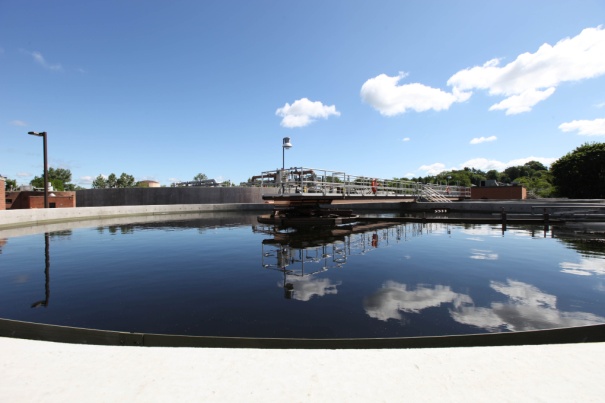The Great Neck Water Pollution Control District, or GNWPCD, is continuing its Prevent Clogs from F.R.O.G.s campaign through its annual program of collecting used cooking grease and oil left over from Thanksgiving.
The Prevent Clogs from F.R.O.G.s campaign was launched to alert homeowners of the dangers that fats, roots, oils and grease (F.R.O.G.s) pose to building and residential sewer lines.
District residents can schedule a free at-home cooking grease and oil pick-up by calling the District at (516) 482-0238. Scheduled pick-ups will take place the day after Thanksgiving, Friday, Nov. 24, from 9 a.m. to 1 p.m. Non-District residents and residents may drop off oil and grease at the District’s 236 East Shore Road location in Great Neck between 9 a.m. and 2 p.m. from Monday, Nov. 27 to Friday, Dec. 1.
“The District’s collection program helps enable the most efficient and environmentally friendly way to dispose of both grease and cooking oil,” said GNWPCD Commissioner Jerry Landsberg. “Building awareness throughout the Great Neck community of how to properly dispose of used cooking oil is essential in protecting the local environment.”
Excess grease and oils can be found in meat fats, cooking oils and marinades, which are used in cooking more often during the holiday season. Other problem substances include shortening, butter, margarine and dairy products. When fats, cooking oil and grease are poured into a sink drain or flushed down a toilet, they congeal and reduce the inside diameter of homeowners’ pipes causing buildup and eventual blockages—leading to expensive repairs.
“Flushing cooking oil or pouring liquid fat and grease down the drain negatively impacts the District’s entire sewer collection system,” said GNWPCD Commissioner Steve Reiter. “These fatty compounds not only stick to the interiors of pipes in homes and businesses but also to the District’s pipes that lead to the wastewater treatment facility.”
After the cooking oil cools, the District advises collecting all excess grease and oil in a sealable container. When the pick-up occurs, District staff will pour the oil from your deep fryer and other containers into our collection vessel.
For additional information or questions regarding the District’s Food to Fuel program, contact the District office at (516) 482-0238 or online at http://www.gnwpcd.net.

